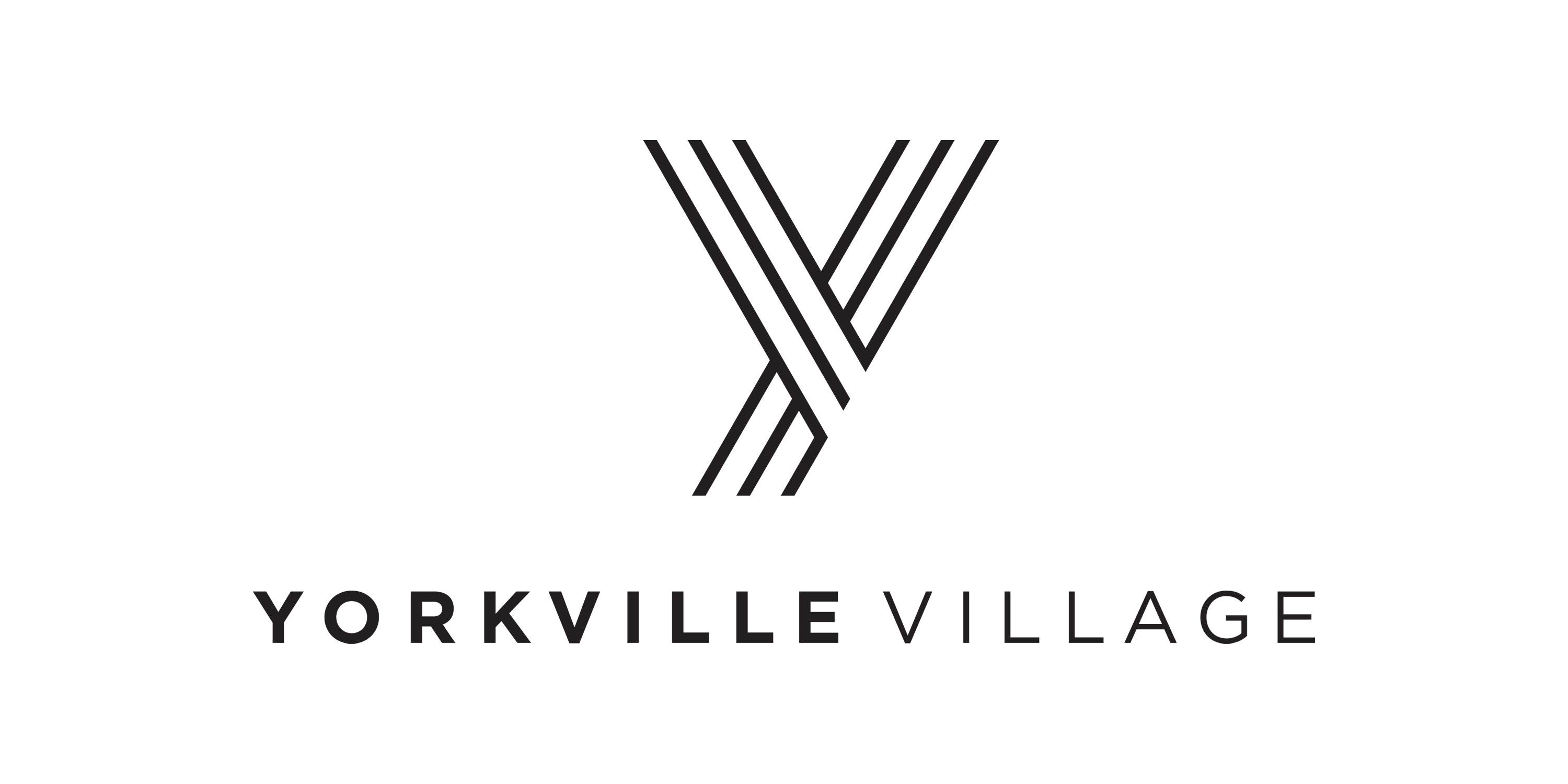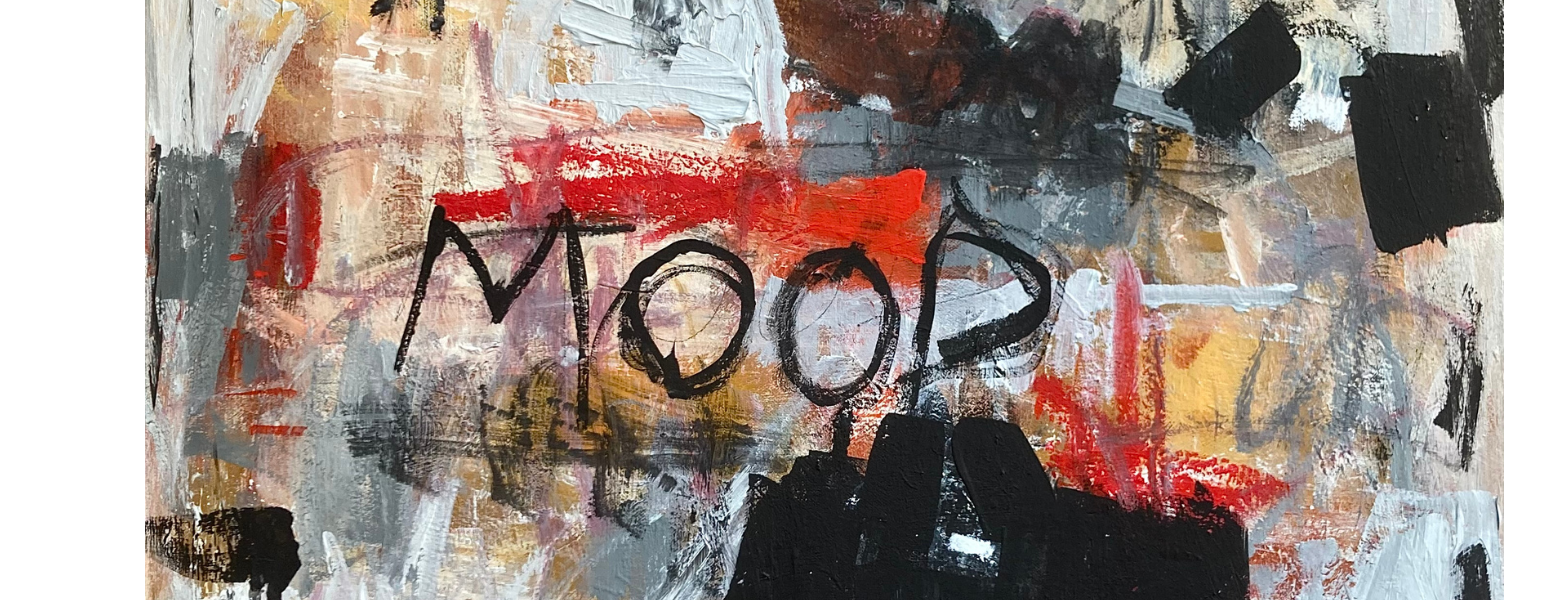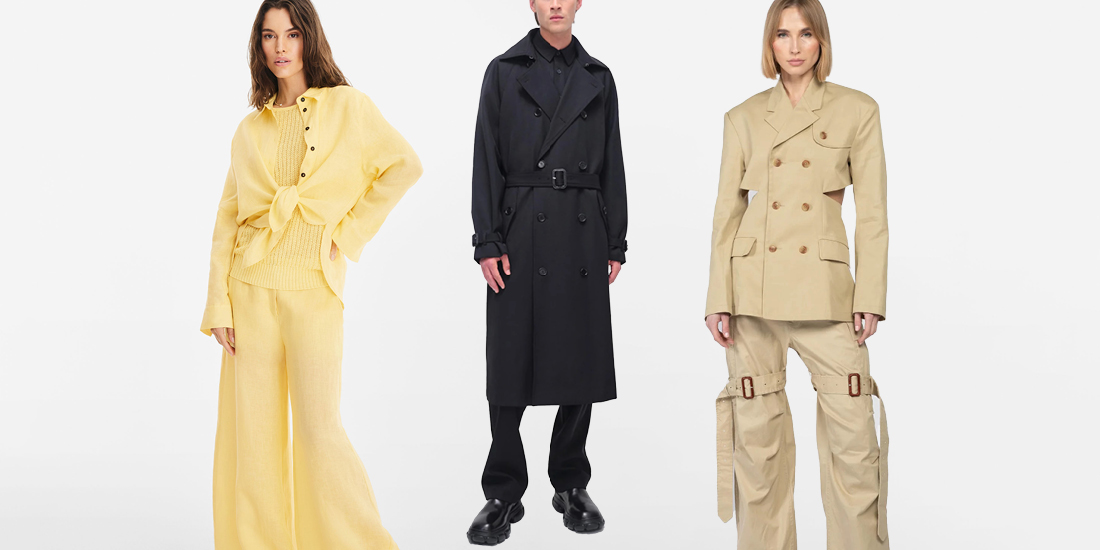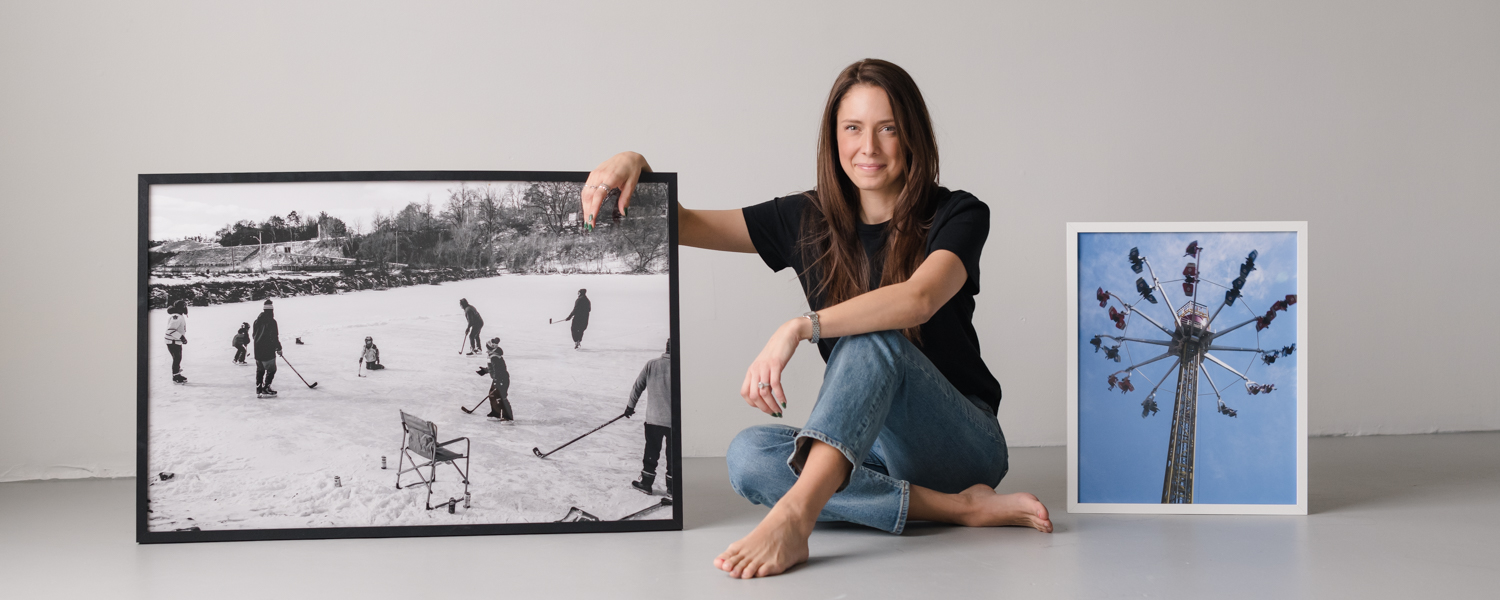As the owner of Yorkville’s Vintage Conservatory, Constantine Patiniotis has a deep knowledge of fine wines and a nuanced understanding of the ideal environment in which to imbibe.
Vintage Conservatory is a private wine storage club offering secure accommodation for members’ collections in temperature-controlled lockers, and a beautiful lounge in which to dine and entertain, minus the markups and corkage fees, among its many other benefits. The charm of such an arrangement is evident: pouring wines from one’s own collection in an elegant venue adds a personal touch to any gathering with friends, business partners or clients.
“We really try to elevate the quality of our members’ entertaining lifestyle by curating planned events and helping them enjoy their wines,” says Patiniotis of Vintage Conservatory’s mission. “We have created a space where natural, organic networking happens, and I think people are longing for that. It’s the human element, and the real relationships that make a difference for our members.”
Patiniotis believes that fine wines are best when shared with appreciative company. “Putting yourself in a situation where there are likeminded individuals around you will elevate your experience for sure,” he says.
His counsel does not stop there. Delving into trends of the moment, Patiniotis notes that right now, wine aficionados are interested in being introduced to cult wines from obscure regions including Portugal, Greece and Croatia. These days, “People have open minds and are interested in pairing good wine with food, so they’re certainly willing to try different things,” he says. “And a lot of lesser-known wine countries present a good value.”
Patiniotis predicts wines from the northern Rhône region of France will make a significant comeback in 2020, and notes that while “people often forget about Canadian wines, make no mistake: there’s going to be some champion winemakers from B.C. and Ontario that will get international fame” in the coming years.
As for wider industry developments, it’s all about the sustainable, organic, biodynamic approach. “More and more people are removing the corporate agenda from wine producing and focusing on the spirit of making the best possible wine with what nature has given us,” without overreliance on chemical pesticides and fertilizers, he says.
When it comes to beginning to curate a private wine collection, Patiniotis’s advice is refreshingly down-to-earth. “I think the first question for anyone, regardless of your level of wine knowledge is: ‘Do I like it?’ Then, surround yourself with people you trust, whose approach you like, and try to learn why you like something and why you don’t like something—because that’s when the fun starts.”
From there, he says, it’s wise to proceed slowly and thoughtfully, resisting the urge to spend one’s entire annual budget at once. Disregard this wisdom at the risk of finding yourself with a surfeit of bottles you don’t really love. “Take your time,” says Patiniotis. “Expose yourself to as much wine as possible—responsibly, of course—and then ask, ‘Do I like this?’ Because what you like today may not always be what you like tomorrow.”






